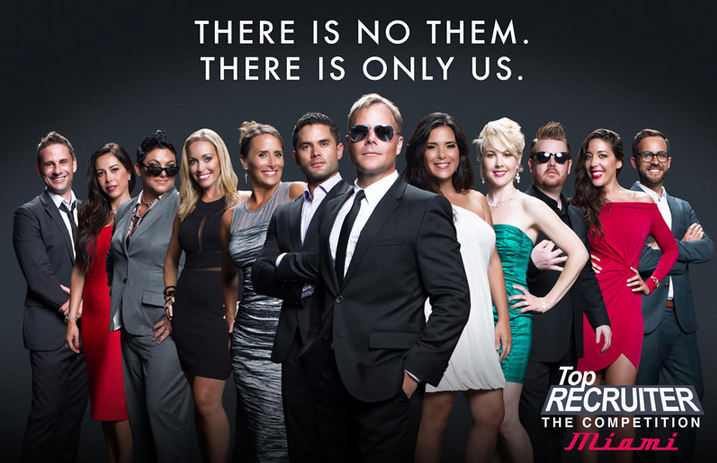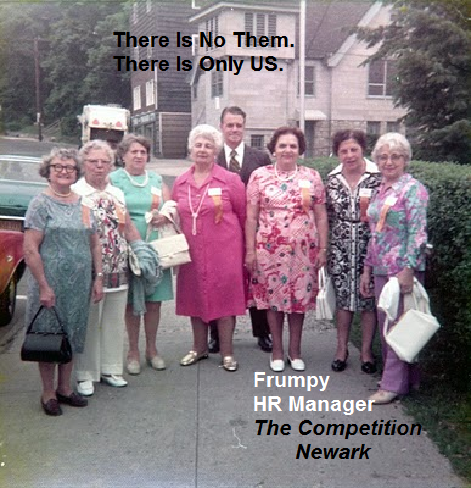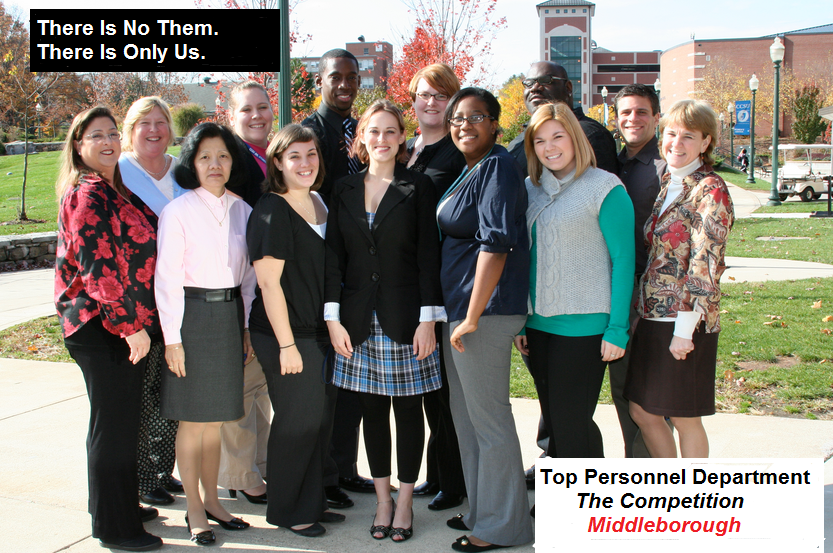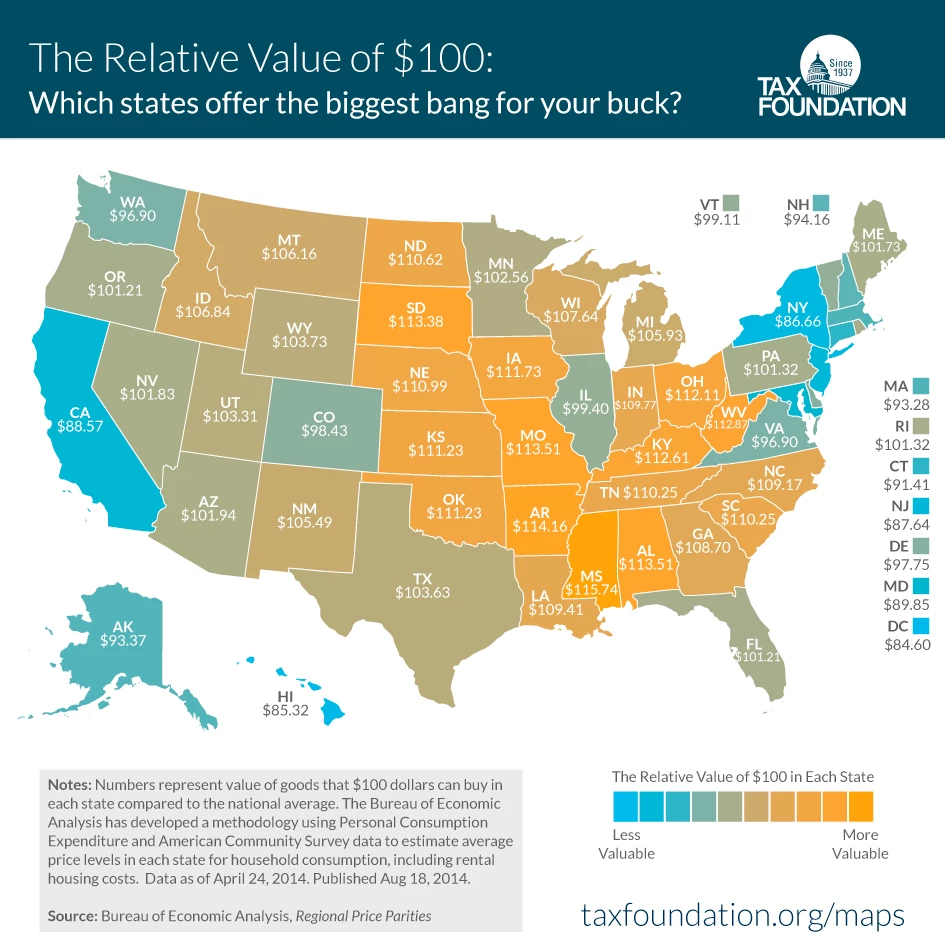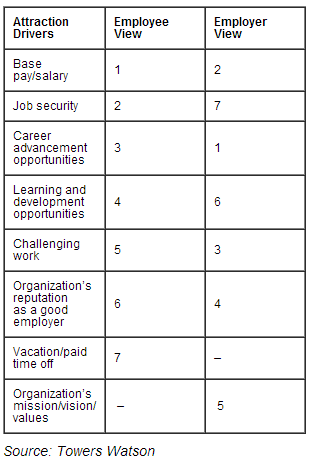Here’s the staffing game has taught me over the past 20 years.
1. Great candidates get hired.
2. The difference between a great candidate and a very good candidate is one hiring managers gut feeling (usually).
3. The very good candidate that didn’t get hired, is someone elses great candidate.
This means that many of you are just sitting on another organizations great candidate! This means you’re sitting on something very valuable to someone else. Something that others would probably pay for.
Question:
Would you be willing to pay to have access to Google’s ATS?
Yes. Yes you would. More than you pay for LinkedIn Recruiter, I’d gamble!
This begs the question: would you be willing to sell your backup candidates? The ones you didn’t hire, but would have if your first choice didn’t accept.
So, what if your organization, your talent acquisition department, decided to start calling up other organizations that you know of who had similar needs and say, “Hey, we got what you want!” Do you think you could turn your corporate in-house talent acquisition department into a money maker? Yes. Yes, you could. Will you? No.
It really wouldn’t take much. Within your staffing process you add a little disclaimer, you know the ones nobody reads, which gives you freedom to ‘sell’ the contact information to those submitting for your jobs to other companies who are also looking for similar talent. From there you establish some relationships with other companies. Negotiate a price. Sign some simple agreements. When communicating with your backups about not getting the position, you pass along some good news. While they didn’t get the job they applied for, you have another position, with another company they might have interest in.
Bam! You’re printing money.
Very little extra effort, and almost no extra resources needed. Your talent acquisition department just turned into a profit center.
No organization would do this because they believe it will ‘hurt’ or ‘damage’ their employment brand. “Tim! If candidates knew we were going to sell their information to other companies, they wouldn’t apply to our jobs!” Or, maybe they would because they actually want to work for you! If that’s your process, what option do they have? Plus, all your doing is potentially giving them more options. How many people do you know that don’t want more options?
While no one is doing this publicly, I’ll tell you it is happening privately. I’ve been approached by corporate talent acquisition pros who are willing to ‘sell’ me access to their database for a fee. I pay them. They deliver to me candidates who applied to their positions that they never wanted to begin with, or couldn’t use. I haven’t ever did this for the simple fact that each time I was approached, the person was doing this behind the organizations back, with them wanting the check made out directly to them, personally. That’s shady.
But, if a company was willing to do it all above board as a paid service…I can’t tell you I would be in!

